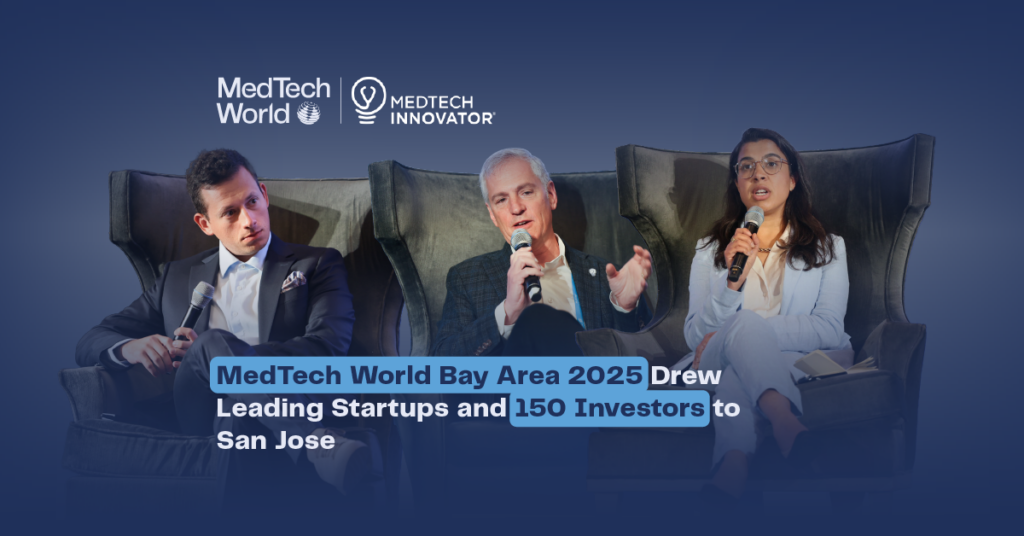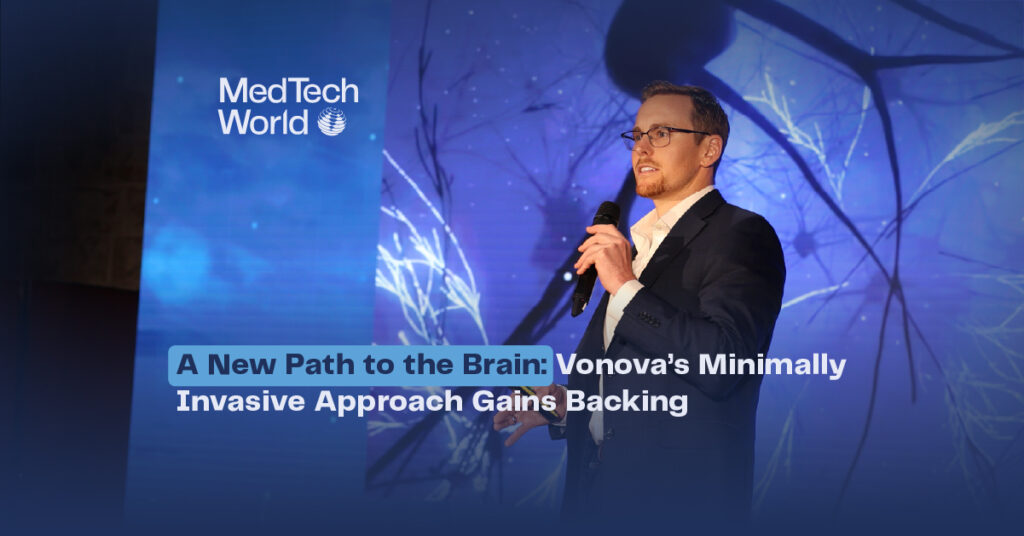
Michael Joe Cini
25th April 2023
OM1 Bring PHenOM To the Mental Health Sector
OM1 have recently built and AI-based platform which assists physicians in tracking trends in depression, anxiety, suicidal tendencies along with numerous other mental health disorders.
OM1 is a Boston, Massachusetts based medical data company who have developed a platform named, PHenOM. A tool which collects data from 9,000 clinicians in 2,500 locations across all 50 states of the US.
The platform takes these patient records that range into the thousands, to power the AI’s sophisticated medical language models to identify in particular, which individuals have suicidal tendencies or even actually attempted suicide.
OM1 has displayed yet another inspiringly ingenuitive use of AI. Further cementing the technology’s integration into day to day activities, assisting the human experience.
In this case addressing an issue that has been rapidly growing out of control, with suicides in the US spiking in 2021 according to the Centers for Disease Control and Prevention (CDC).
Putting suicide 11th in causes of death in the North American nation. Disturbingly the second most common cause of death for persons between the age of 10 and 35 years of age.
Above this, the need for mental health care has been escalating beyond manageable realms, with the US struggling with a shortage of providers. An issue so severe according to the Health Resources and Services Administration (HRSA) 160 million people currently live in areas with a serious and significant shortage of mental health professionals.
A circumstance which is expected to even further deteriorate, with a projected shortage in 2024 reaching a new low, lacking a required amount of between 14,280 and 31,091 individuals. An inadequate amount of funding can be blamed for such a dramatic shortage, along with this causing further issues in and of itself.
The new PHenOM model hopes to solve many of these problems by providing a psychiatrist a mass of well formulated and focused data that will not only increase work rate but also the quality and timeliness of the care administered.
Allowing physicians such as psychiatrists, a wealth of knowledge far greater than their own could ever be considered in a fraction of the time and requiring far less cognitive power.
Only time will tell how effective this approach will become, however, all signs as of yet point to a platform that will reduce the stress of mental health professionals while allowing thousands more individuals access to quality care that they may otherwise never be able to receive.
This may be a cornerstone moment for AI in the medical field at large with lack of funding and personnel plaguing a monumental variety of healthcare institutions the world over.




